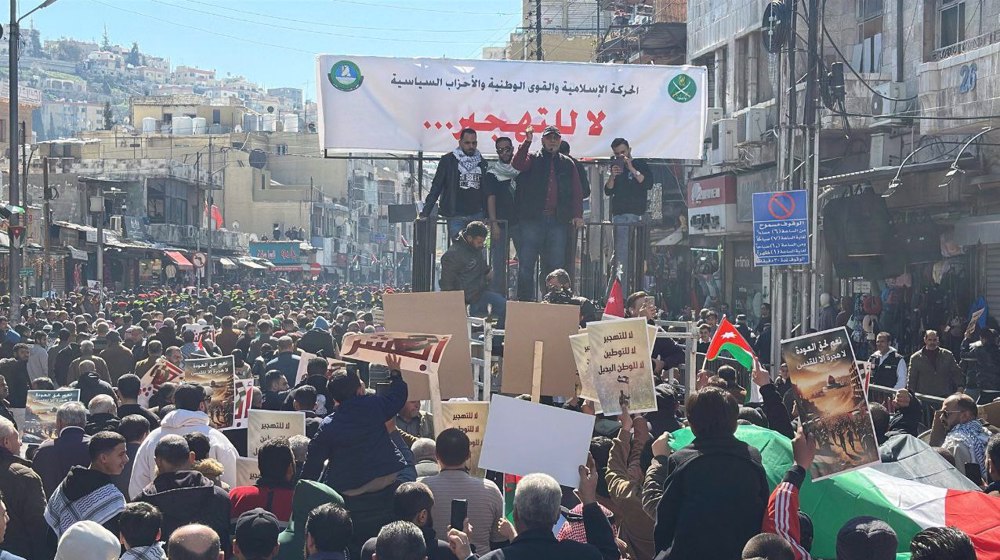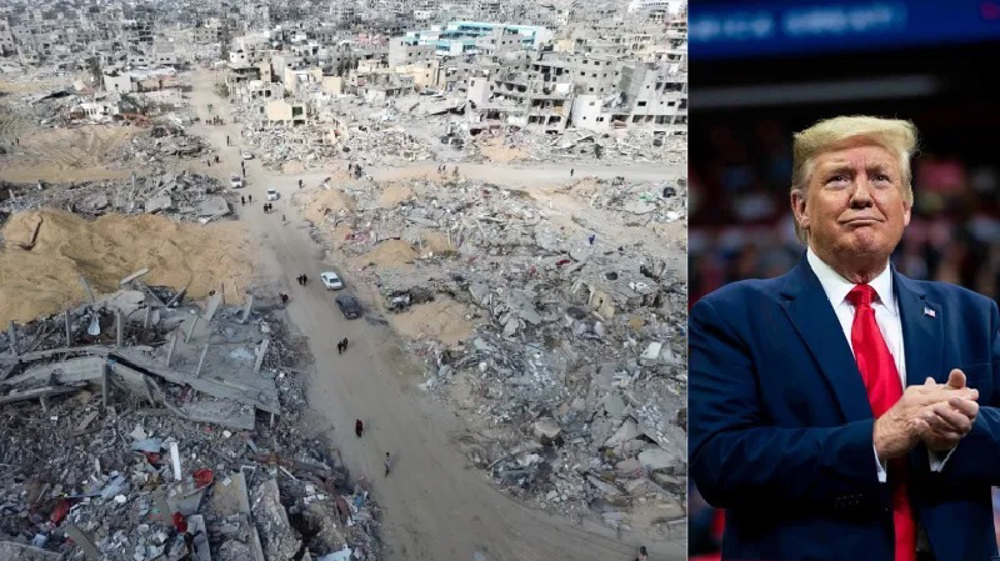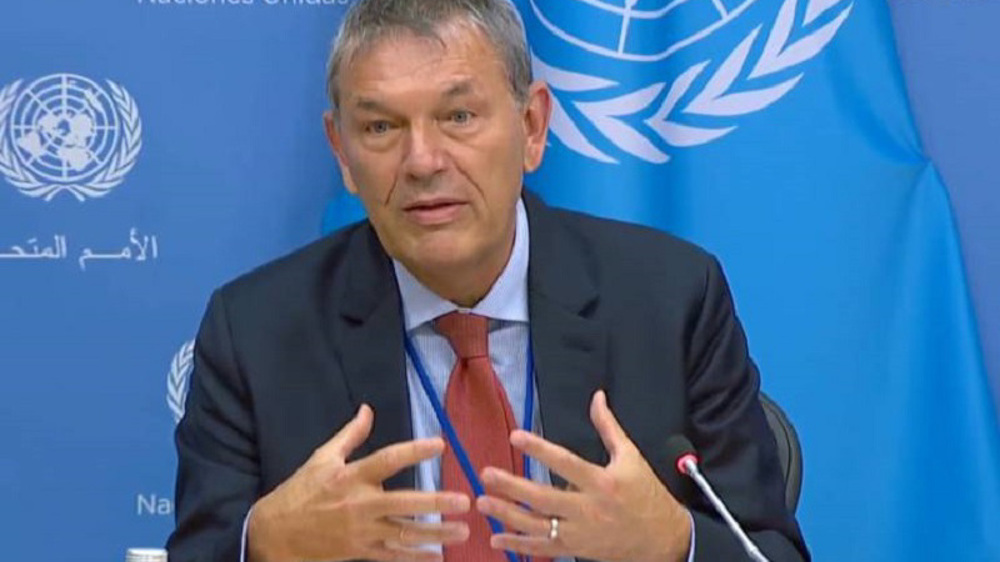Eritrea occupies disputed territory after Qataris exit, Djibouti files complaint
Djibouti has accused neighboring Eritrea of occupying a disputed territory along the two neighboring countries' borderline.
"Qatari peacekeepers withdrew on June 12 and 13. On the same day, there were Eritrean military movements on the mountain," Foreign Minister Mahamoud Ali Youssouf said on Friday.
Qatari peacekeepers had been in control of the disputed mountainous border crossing between Eritrea and Djibouti.
"They [Eritreans] are now in full control of Dumeira Mountain and Dumeira Island. This is in breach of the United Nations Security Council resolution," he said.
The minister said Djibouti had lodged complaints with both the United Nations and the African Union, adding that its military forces were "on alert".
On the other side of the dispute, Nasredin Ali, a spokesman for Eritrea's biggest armed group, known as the Red Sea Afar Democratic Organization, confirmed that Eritrean forces moved into the disputed region after the Qatari troops pulled out.
Qatari forces were deployed to the region after deadly clashes broke out between the Horn of Africa countries in 2008. The UN Security Council then requested both sides to withdraw from the area, before the neighbors accepted a Qatari request to mediate and deploy peacekeepers.
Qatari peacekeepers monitoring the disputed territory were summoned home days ago after Djibouti and Eritrea both joined the Saudi-led isolation of Qatar.

On June 5, the governments of Saudi Arabia, the United Arab Emirates, Bahrain and Egypt announced they were severing ties with Qatar.
In addition to them, Yemen, the eastern government of Libya, the Maldives, Mauritania, Senegal and Eritrea announced they were cutting ties with Qatar, as well.
Jordan and Djibouti also announced they were downgrading their diplomatic representation with Qatar.
These countries accuse Qatar of supporting terrorism, which Doha strongly denies.
Qatar has slammed a blockade after the ties were cut as part of a “policy of domination and control” led by the Saudi "big brother".

Jordanians rally en masse to censure Trump's Gaza takeover plan

Jordan rejects US proposal to relocate Palestinians

UNRWA unraveled amid Israel's allegations, reduced intl. support
VIDEO | Displaced Palestinians in Jenin face harsh living conditions
VIDEO | Pro-Palestine protest held in Lebanon’s capital
VIDEO | Trump's first 100 days
US aircraft carrier to leave after intense Yemeni strikes: Report
Pakistan repeats claim of pending India military action; says strike planned for ’next 24 to 36 hrs'
Yemen warns US, West: We have 8 million fighters ready, may expand our war
Gaza’s humanitarian crisis deteriorating ‘beyond imagination’: UN chief
US announces new Iran sanctions despite ongoing nuclear talks











 This makes it easy to access the Press TV website
This makes it easy to access the Press TV website